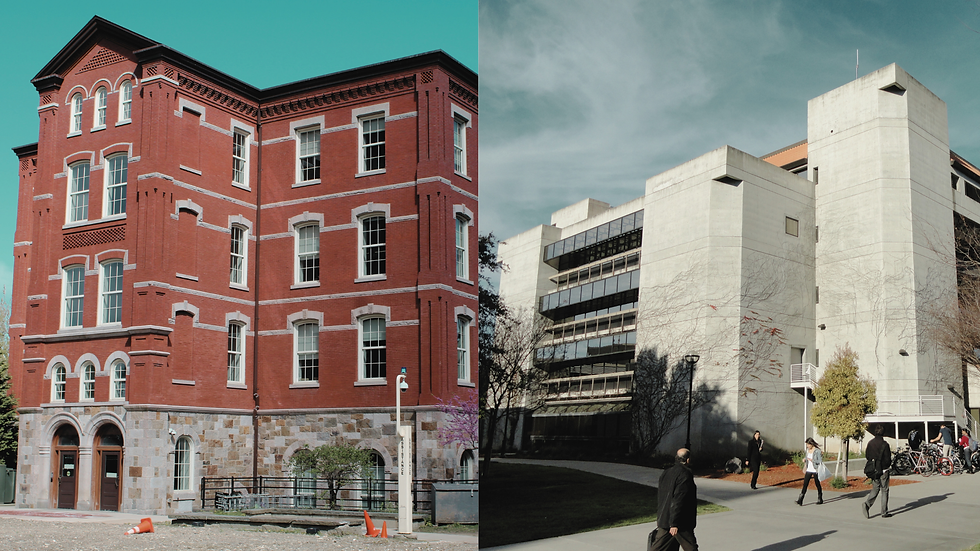Russian Anti-War Academics Punished by Russian Government and Higher Education Administrators
- Kennedy McCutchen
- Jun 7, 2022
- 3 min read
Updated: Sep 1, 2022
As the Russian invasion of Ukraine heads into its fifth month, Russian academics who have protested Russia’s perpetration of war continue to be punished by the state’s government and higher education administrators in the forms of reprisals, firings, fines, and arrests. While the numbers of those punished are estimated to be at least in the dozens, Amnesty International’s Acting Director for Eastern Europe and Central Asia, Bruce Millar, suggests that it is “impossible to know how many teachers or students have been expelled” for “expressing anti-war views” (1).

Endangered Scholars Worldwide (ESW) last reported on Russia’s attempts to stamp out dissent in late April, after Russian legislation restricted free speech by instating prison sentences of up to fifteen years for citizens who speak against Russia’s invasion. Students who had participated in anti-war protests had been expelled or threatened with expulsion by their universities in an effort to combat political dissent. Now, scholars employed by institutions such as Volgograd State University and Higher School of Economics (HSE) are facing similar repercussions. Academics who publicly oppose the war in Ukraine are at risk of “administrative arrests” or “extortionate fines,” as well as firings (1). Amnesty International reported that one instructor, Roman Melnichenko, a former Associate Professor at Volgograd State University, had been fired in April for an “immoral disciplinary offense” that “violated ethical and moral norms” after posting an anti-war message on a Russian social network (1). Another academic, Dmitry Dubrovsky, a former Associate Professor in the School of Politics and Governance at HSE, was also informed that “his teaching contract would not be extended.” Dubrovsky believed the university’s decision was motivated by a desire to foreclose “political risks” associated with his human rights activism and research (2).
Millar reiterated this in a statement, explaining that “academic freedoms are…being stamped out” as scholars are “forced to spread anti-Ukrainian propaganda and glorify Russia’s ‘special operation in Ukraine’ — or else lose their jobs” (1). Some HSE academics, like Maria Mayofis and Ilya Kukulin, have proactively opted for the latter. The husband and wife left Russia in March and resigned from their positions shortly thereafter. When asked if they were going to return to Russia, Mayofis told The Moscow Times that they would not “if the political situation did not change” (2).
Even though the futures of dissident academics remain in peril, some anti-war scholars have banded together to work against the pro-war monopoly. The New York Times reported that “a group of Russian researchers started circulating a list of dozens of candidates who have publicly supported Russia’s invasion of Ukraine” in hopes that doing so will deny those who back the war from being elected to the Russian Academy of Sciences this month (3).
ESW forcefully condemns the ongoing violations against the academic and civil freedoms of Russian students and scholars who stand with Ukrainians and denounce the Russian regime’s war. These abuses compromise the intellectual and moral liberties of academics around the world. ESW calls upon all international organizations, academic and professional associations, and other groups and individuals devoted to the promotion and defense of human rights and the Ukrainian people to also protest these violations and expulsions. Please continue to circulate and sign the New University in Exile Consortium’s Ukraine Statement of Support. Additional resources to help Ukrainian students and scholars can be found in our earlier post here.
References




